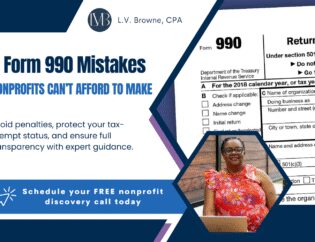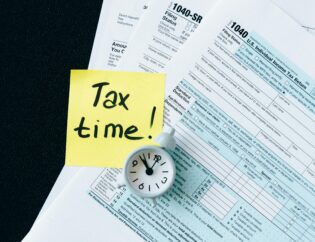
Essential Tax Tips for Gig Economy Workers
In recent years, the gig economy has experienced exponential growth, with more individuals opting for flexible work arrangements over traditional employment. Whether you’re driving for a rideshare service, delivering groceries, freelancing, or engaging in any other gig work, it’s crucial to understand the unique tax implications that come with this type of employment. Maximizing your tax savings requires careful planning and adherence to certain guidelines. In this post, we’ll explore some essential tax tips tailored specifically for gig economy workers.
Organize Your Finances
One of the most important aspects of managing your taxes as a gig worker is keeping detailed records of your income and expenses. This includes maintaining records of all the payments you receive from clients or platforms, as well as any expenses related to your work. For example, if you’re a rideshare driver, you’ll need to track your mileage, fuel costs, and vehicle maintenance expenses. Freelancers might keep records of software subscriptions, office supplies, and internet costs. By keeping accurate records throughout the year, you’ll be better prepared when it comes time to file your taxes.
Know What You Owe
As a gig economy worker, you are considered self-employed, which means you are responsible for paying self-employment taxes in addition to income taxes. Self-employment taxes cover your contributions to Social Security and Medicare and are typically higher than the taxes paid by traditional employees. It’s essential to understand your tax obligations and set aside a portion of your income throughout the year to cover these taxes.
Maximize Deductions
One of the benefits of being self-employed is the ability to deduct certain business expenses from your taxable income. Deductible expenses may include vehicle maintenance and mileage, equipment purchases, home office expenses, and professional development costs. For instance, if you’re a freelance graphic designer, you might deduct the cost of design software and a portion of your internet bill if you work from home. Gig economy workers may also be eligible to deduct a portion of their health insurance premiums, retirement contributions, and even certain meal and entertainment expenses. Be sure to familiarize yourself with the tax deductions available to you and take full advantage of them to minimize your tax liability.
Keep Up with Quarterly Tax Payments
Unlike traditional employees who have taxes withheld from their paychecks, gig economy workers are responsible for making quarterly estimated tax payments to the IRS. These payments help you avoid underpayment penalties and ensure that you’re staying on top of your tax obligations throughout the year. To determine the amount of your quarterly payments, you can use the IRS’s estimated tax worksheet or work with a tax professional to calculate your estimated tax liability.
Don’t Forget State and Local Taxes
In addition to federal taxes, gig workers should be aware of their state and local tax obligations. These taxes can vary widely depending on where you live and work. Some states have specific requirements for self-employed individuals, so it’s important to research your state’s tax laws or consult with a tax professional who understands the nuances of your location.
Seek Professional Guidance
Navigating the complexities of self-employment taxes can be challenging, especially for those who are new to the gig economy. Consider seeking guidance from a qualified tax professional who can help you understand your tax obligations, maximize your deductions, and ensure compliance with tax laws and regulations.
If you need assistance, don’t hesitate to reach out to professionals like Lakeesha V. Browne, CPA, who specializes in working with self-employed individuals. She can provide tailored advice to help you optimize your tax strategy. Contact her today for a free consultation.










